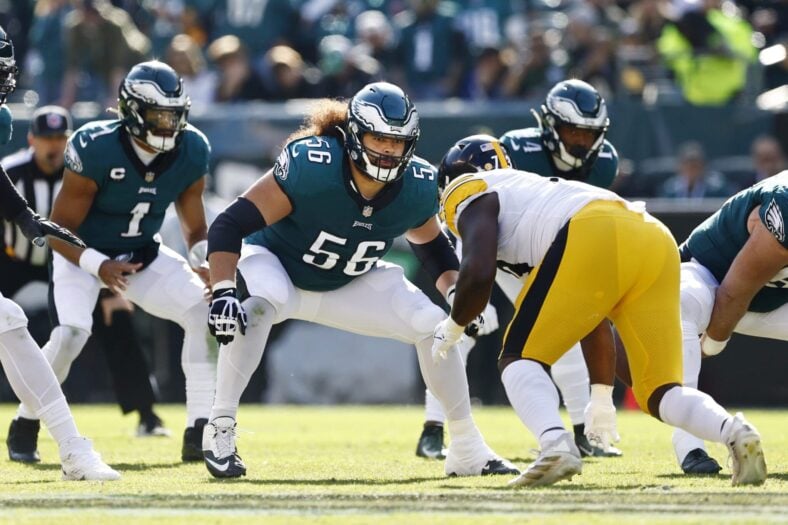Steelers History: When Pittsburgh and Philly Shared the Steagles
In 1943, the NFL faced a shortage of players due to continuous military drafts. The Steelers and Eagles merged for one season that made history for the Keystone State.

This weekend, the Pittsburgh Steelers will travel to Philadelphia to take on the Eagles. In a matchup in the Keystone State, there has been a plethora of history shared between these two franchises. However, a forgotten piece of history might be when the heat of World War II united the franchises to form the one-year “Steagles.”
With the rise of global conflicts, the NFL was faced with a shortage of players. The Cleveland Rams in 1943 were granted permission to suspend operations. The Steelers and Eagles became faced with rosters unfit for competition.

While the official name for the one-season merger is officially listed as “Phil-Pitt Combine” in the NFL record books, the name “Steagles” became a coined name used to this day. It is one of two instances where the Steelers merged with a franchise temporarily.
The Western-Eastern Pennsylvania rivalry would become set aside for one season as the NFL approved the temporary merger. Thus the Steagles’ short run was born.
The NFL would have only eight teams in operation that season. After beginning their season with victories over the Brooklyn Dodgers, and New York Giants the “Steagles” were becoming a hot name in the NFL.
Led by quarterback Roy Zimmerman and right halfback Jack Hinkle, Phil-Pitt started the season 3-2.
However, with a tough backend of the schedule that included multiple rematches and the Green Bay Packers, the one-hit wonder would finish 5-4-1. The following season, the Eagles would return to normal operations. The Steelers would merge with the Chicago Cardinals for the 1944 season before resuming operations in 1945.
Though the NFL is now a powerhouse and it is unthinkable to imagine franchises being forced to merge, it goes to show that desperate times call for desperate measures. Not only do these franchises share the same state, enjoy their Penn State products, and have tasty local dining options, but they also share a piece of NFL history.









